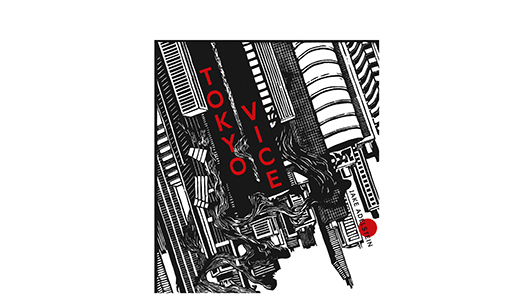- Catherine Castro: The situation of women described in your book is distressing. Machist, Japan?
Jake Adelstein: In the United Nations rankings, Japan ranks 101st out of 142 countries on the issue of gender equality. It is a very traditional and vertical society, where the place of women has always been inferior.
- The sex industry is flourishing in the world. What is its specificity in Japan?
A growing phenomenon is the JK business (of "joshi kousei", "young high school students"), services offered to men by girls dressed as schoolgirls: they are not only prostitutes, they can to cash a walk with a man, a photo in public. Traffickers spot girls between the ages of 13 and 18, runaways, but also high school girls who choose to prostitute themselves and threaten to tell their parents everything.
Take the pop band AKB48, ultra-popular in Japan, made up of 12-year-old girls. Much of her imagery is sexual, the songs are very sexual. The manager, Akimoto, and the co-founders of the group were financed by organized crime. This is a typically yakusa pattern. The girls are dressed in miserable stamps, their audience is made up of men who fantasize about love stories that will never happen, they are forbidden to kiss so as not to detract from the fantasy of their guys' public, and it brings lots of fric: because to have the privilege of shaking hands of girls, guys have to buy the CD before. These girls spend most of their time dancing, singing and shaking hands instead of going to college or high school. It is not surprising to see many former singers of AKB48 end up in pornography. Sexualizing these girls is exploitation. That speaks volumes about how Japan treats women in general.
- These uses are due to varying degrees of pedophile practices?
The Japanese have this incredible fascination for pre-pubescent sex. Until 2015, possessing child pornography was not a crime in Japan. The law was amended, but they were entitled to one year of "grace" to get rid of their collections of child pornography. Without this delay, everyone would have ended up in jail. An economist (Paul Seabright ed.), Author of the book "Sexonomics", estimated that one in ten Japanese had or had looked at child pornography.



